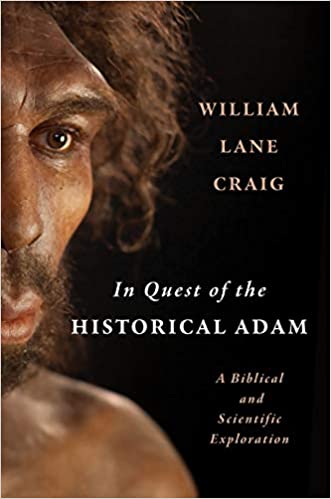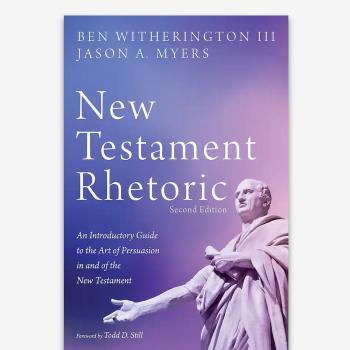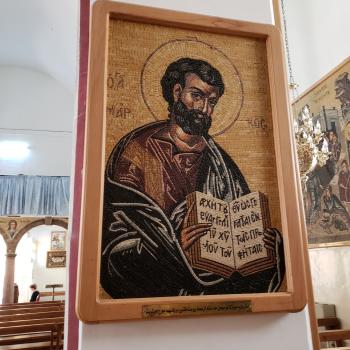Q. We need to discuss this whole business of ‘soul’ or rational soul which at least in the Greco-Roman sense is not a Biblical concept. It’s a philosophical concept which unfortunately entered Christian theology through the Greek and Latin fathers, and not through Jewish theology. Yes, early Jews including Jesus and Paul believed that humans had a non-material spirit (e.g. Jesus on the cross says ‘Father into thy hands I commend my spirit’) a spirit that could survive death and go on existing in Sheol/Hades, or in Heaven. And that spirit involved the very unique personality of that person, so for example in the parable of the rich man and Lazarus, Jesus assumes that it is the person of Lazarus, minus his body, that is in heaven with Abraham, provisionally— until the resurrection. When we probe as to what Jews believed about this ‘pneuma’/ruach or human spirit (see also Rom. 8—God’s Spirit says to our spirits we are children of God) they did not believe it was inherently immortal, if by that one means ‘it had always existed somewhere before entering a human body’, in some heavenly well of souls presumably. No, they believed that while the spirit of a person survives death, that it was a shadowy existence of some sort in the afterlife, until the resurrection, when body and spirit were reunited. Furthermore, everlasting life was a gift from God through Christ, again not tied to particular part of the human equipment called the soul. Why was that important? Because creation is a good gift of God, and a person is incomplete without a body. In fact, the resurrection body will conform us to the ultimate human Christ. No talk of the body being like a prison house and dispensable for the final form of the afterlife, unlike Roman talk of Elysium. Creation is to be followed finally by new creation, not by disembodied soul existence somewhere out there. What psuche means in the New Testament is life breath, or a living being. It does not mean soul or rational soul. A psuchikon soma is a body animated by life breath (ala Adam) where as a pneumatikon soma is a body totally energized and given life by the Spirit. Now you are right that the writers of the NT were limited dualists when it comes to the body and the non-material part of human personhood, but they saw that dualism as resolved once more at the eschaton when the spirit went back a body. How would you respond?
A. What you’re describing as “spirit” is just another name for soul, that immaterial part of human being that makes us more than mere animals. As Robert Gundry shows convincingly in his book Soma in Biblical Theology, anthropological dualism of body and soul was the standard view in Hellenistic Judaism by the time of the New Testament. True, a disembodied soul is a diminished human being because it lacks its body; nevertheless it exists and has conscious, blissful fellowship with Christ during the intermediate state between the body’s death and resurrection at his return. What you’re rejecting is Platonism, not dualism. The soul as described in the New Testament is an immaterial, personal substance endowed with consciousness, rationality, and volition.

















